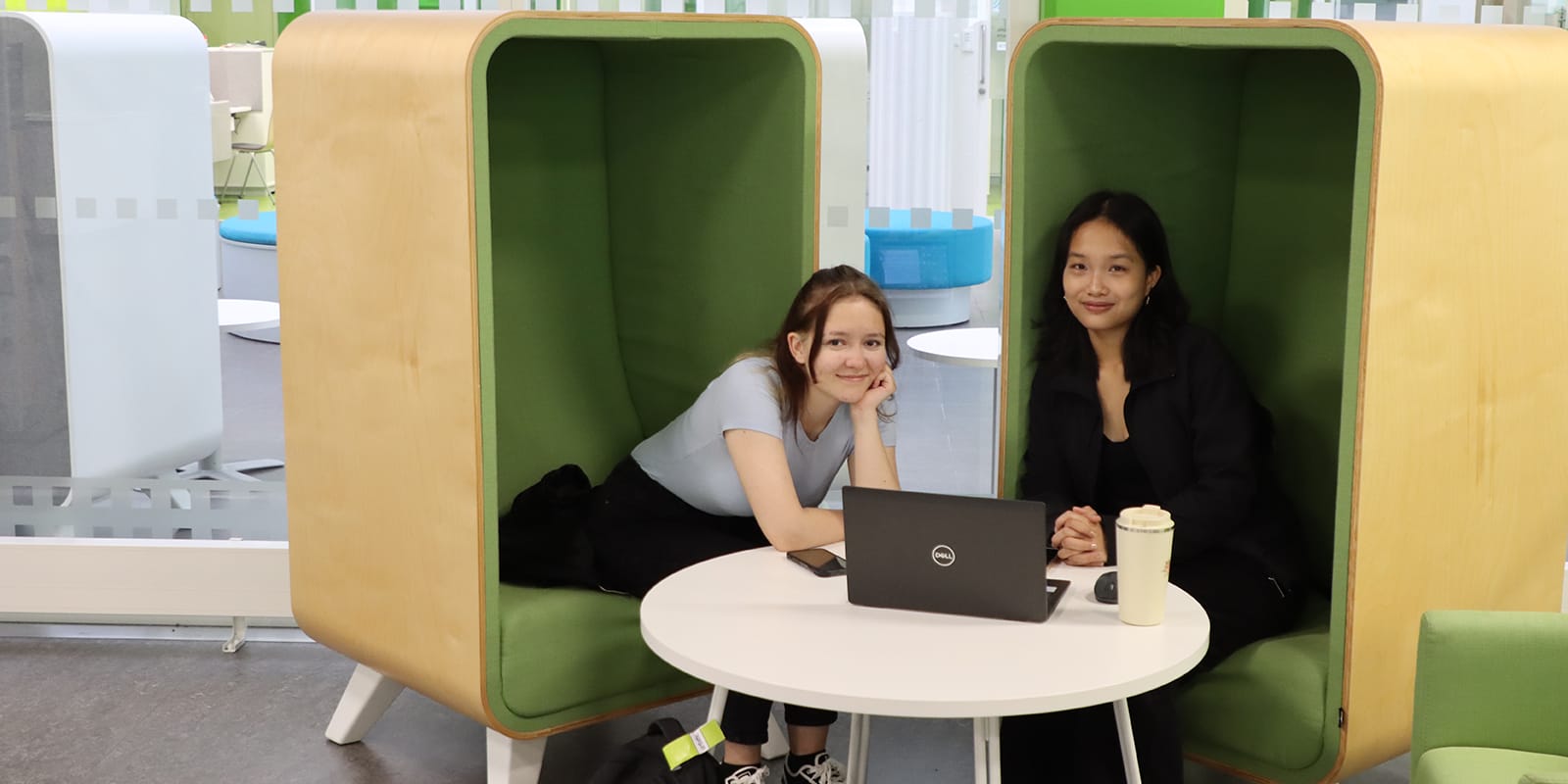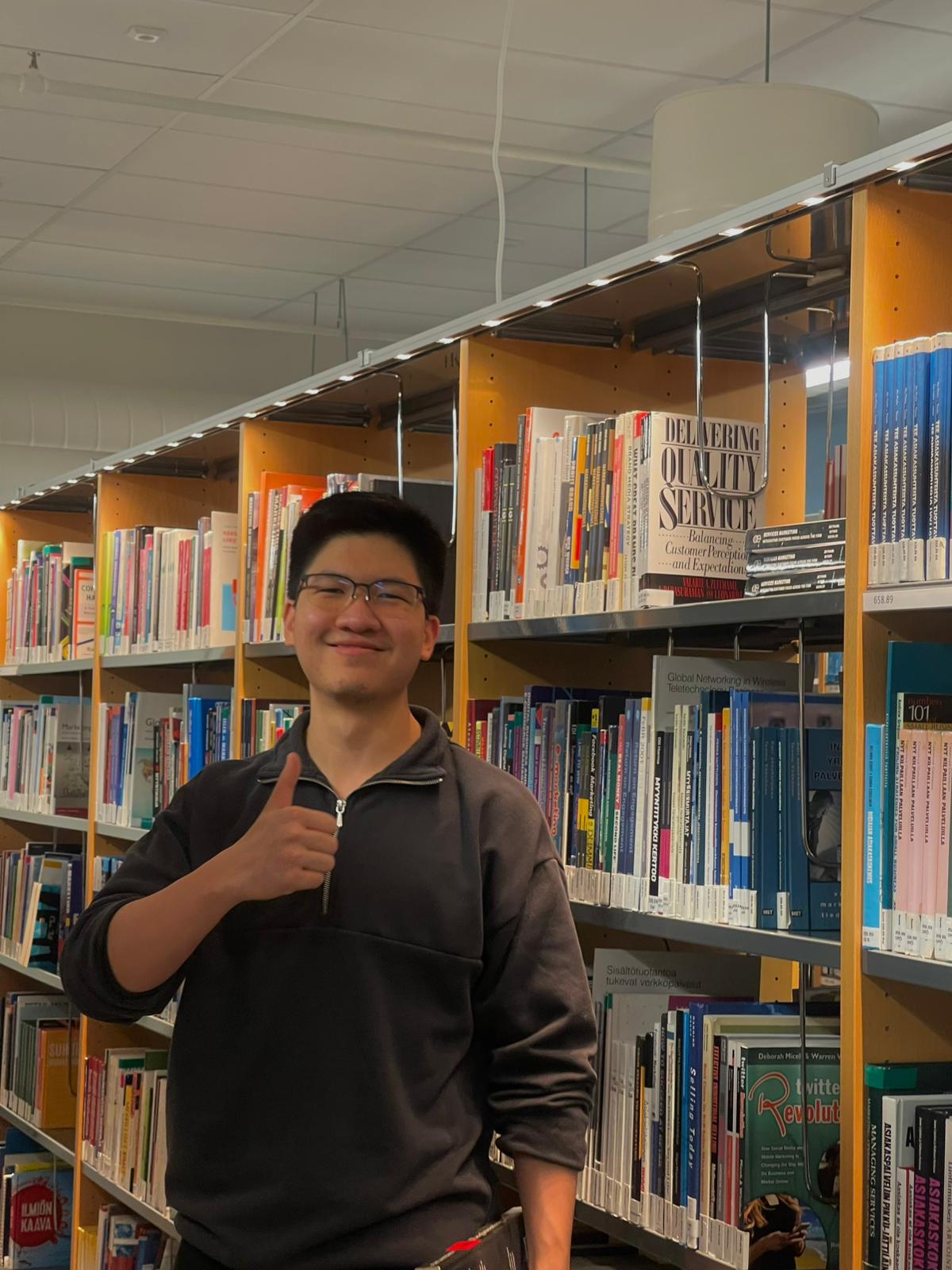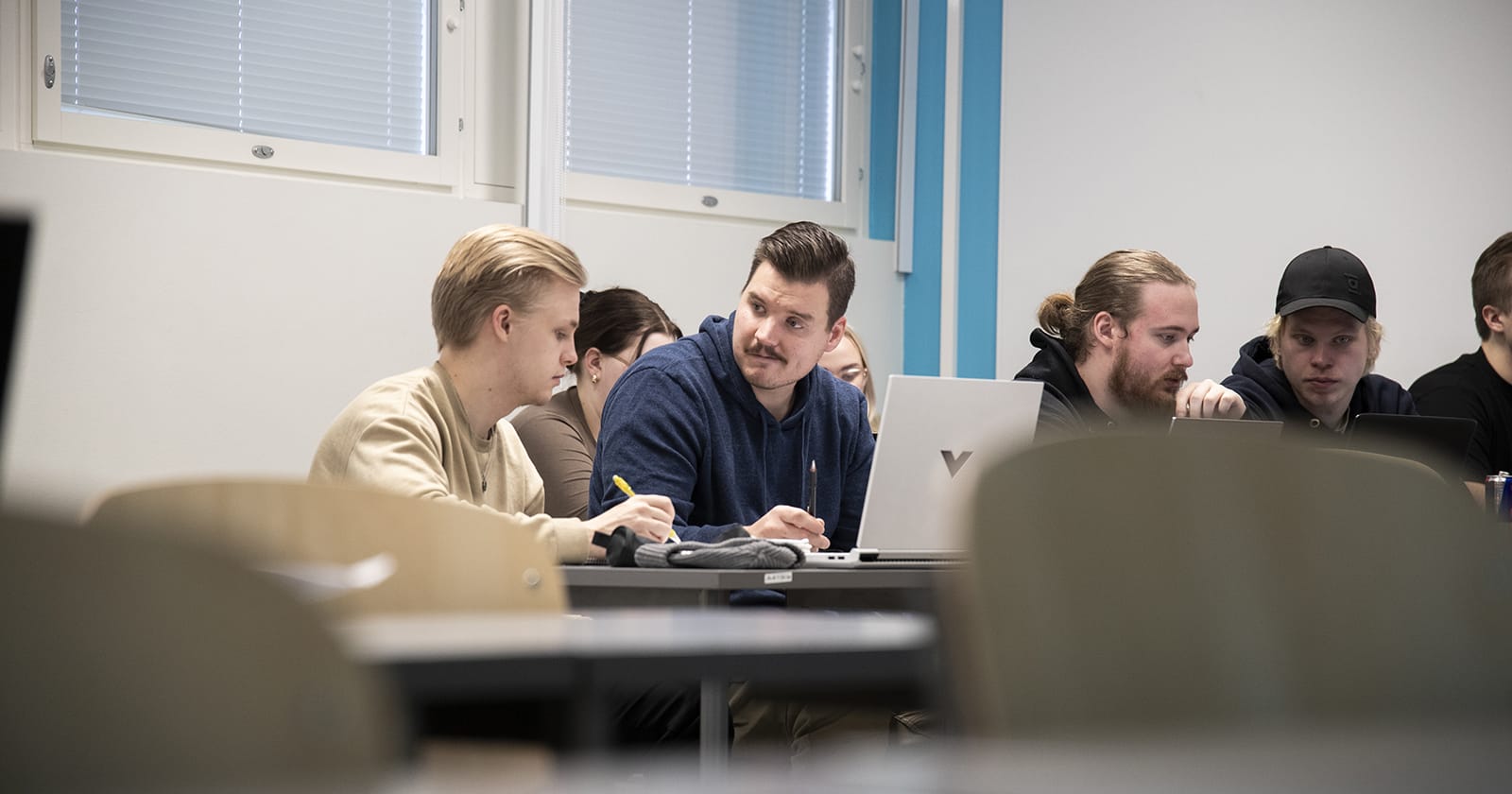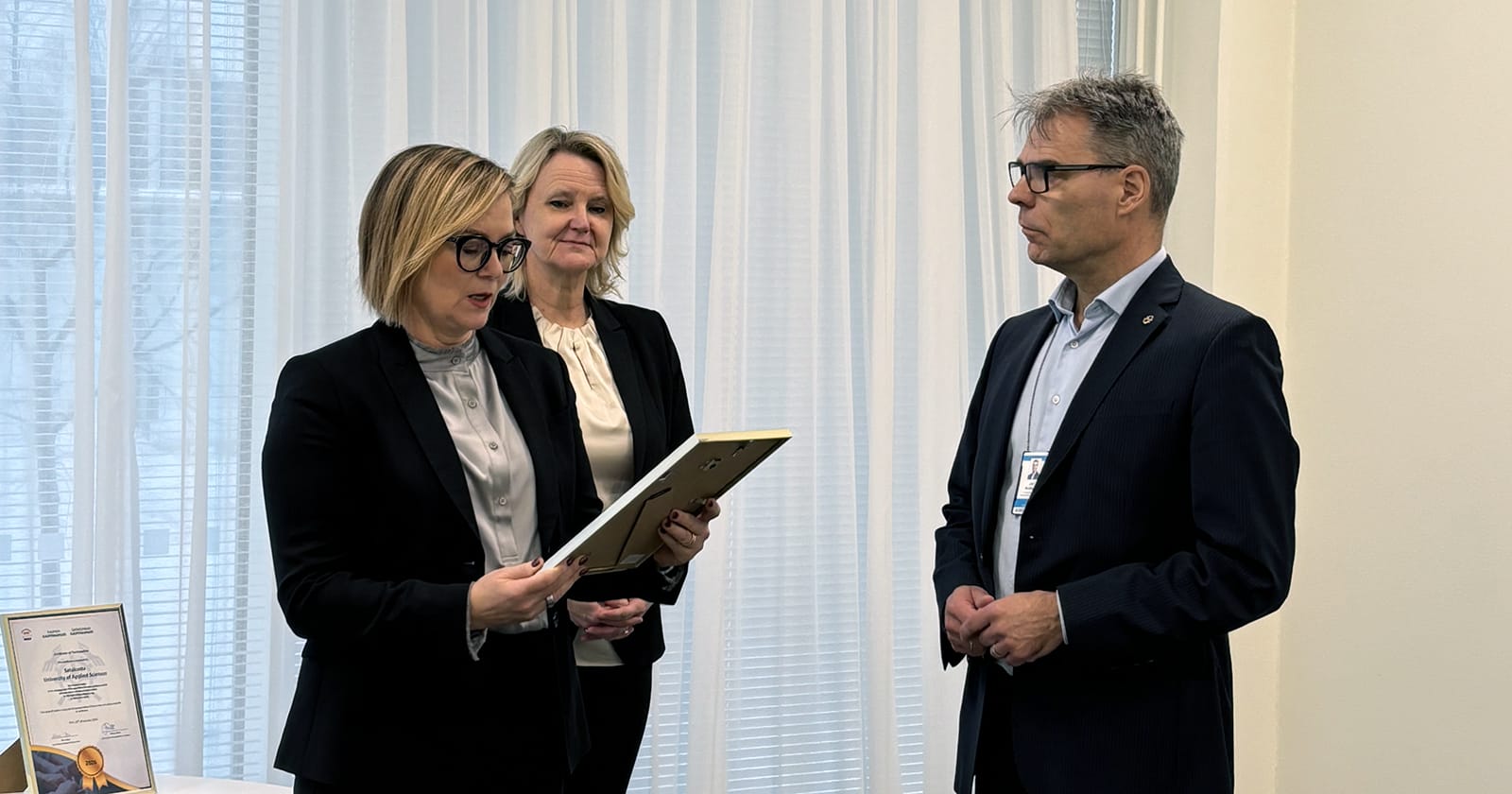Elizaveta (Liza) Lazu and Huyen Le (Le) Kieu, third-year students in the International Tourism Management degree programme at Satakunta University of Applied Sciences, participated in the Tour4Youth project. After completing a career planning course, the young people were offered the opportunity to do internships in Finland, Estonia, Latvia, or Sweden. Liza and Le chose from the internships offered in Latvia to work at the ruins of a castle in the town of Cēsis. Working in a historical castle museum sounded appealing, and they had never been to Latvia before.
Cēsis is a Hanseatic town in the Vidzeme region of northern Latvia. The castle, built by the Germans, has been destroyed in wars and fires and has been under the rule of the Hanseatic League, Poland-Lithuania, Sweden, and Russia since the Middle Ages, before Latvia finally gained independence in 1991. The knight’s castle was built in 1209 and is now an important part of the old town’s structure. Elizaveta and Le worked in customer service during their internship at the castle, which includes castle ruins, exhibition spaces, and a manor house. They worked together with other staff to guide visitors and organise events, immersing themselves in the rich history of the area.
Museum work was a surprise; the internship in Latvia was anything but boring
When asked about their future plans, both young people want to gain as much experience as possible in the tourism industry. Liza, in particular, said she would like to work in a hotel, museum, or tourism promotion organisation. During their internship, they discovered that working in a museum can be extremely interesting and rewarding.
– I realized that working in a museum can be much more interesting than I had imagined. I could well imagine returning to work in a similar place, says Liza. They were welcomed to work at the museum, which shows that the internship was a great experience for both parties.
The Tour4Youth project helped finance the internship and found accommodation for them. The internship began in July, and they returned to Finland after eight weeks, just as the school year was starting. The trip and internship went well, and their Latvian colleagues taught them Latvian, and they learned about the history of the city and Latvia at the information desk. At first, they observed and listened to their colleagues’ responses to visitors, and gradually they were able to answer questions and give advice themselves, as well as tell tourists about things that interested them. They feel that the training was very successful for them in terms of building their careers and developing themselves. The museum also had international visitors, so English was also useful in their work. However, they also learned to answer certain questions in Latvian, and Liza was able to serve Russian-speaking customers as well.
Beforehand, Le expected to learn how to manage such a site, how to provide customer service, and how to maintain a historical site. She learned how much you need to know about history and culture at a site like this in order to be able to talk to customers.
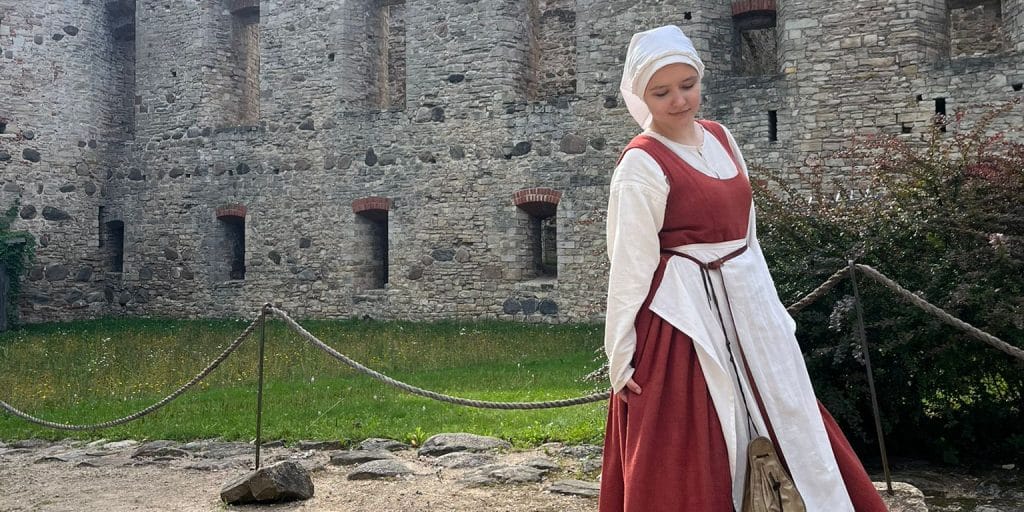
Participating in the Tour4Youth project helped young people with career planning and job hunting through a career planning course. The course got them interested in topics that will help them move towards their dream jobs in the future. Planning for the future is important, and thinking about their dream jobs motivated them to practice these topics. During the project, they also completed a hygiene passport, which is important for working in this field, especially in Finland, and would otherwise be subject to a fee for students. Offering internships also helped them make their first contact with working life in Europe. Both had applied for jobs independently in Finland, their home country, and abroad during the fall without success. The internship offered by Tour4Youth was therefore very welcome and proved to be a great help in finding a place. During the trip, the young people made new friends and got to know new cultures and places. There were also other young people of their age working at the museum, which made networking easier.
The internship was not just work – it was also a cultural experience. The city of Cēsis celebrated its birthday during the internship, and the celebrations were really enjoyable. They celebrated the day by cooking Latvian food together with their Latvian colleagues and participating in a “silent disco,” where people dance to music heard through wireless headphones. The music is not played through speakers but wirelessly through headphones, and you can choose from three channels. Liza said that it was great to see a large number of people dancing to the same music and feeling a sense of togetherness, even though nothing was happening out loud. She particularly remembered when everyone listened to the Latvian Eurovision entry at the same time and danced to it. They also went to a concert on Valmiera’s birthday, where Eurovision artist The Roop also performed.
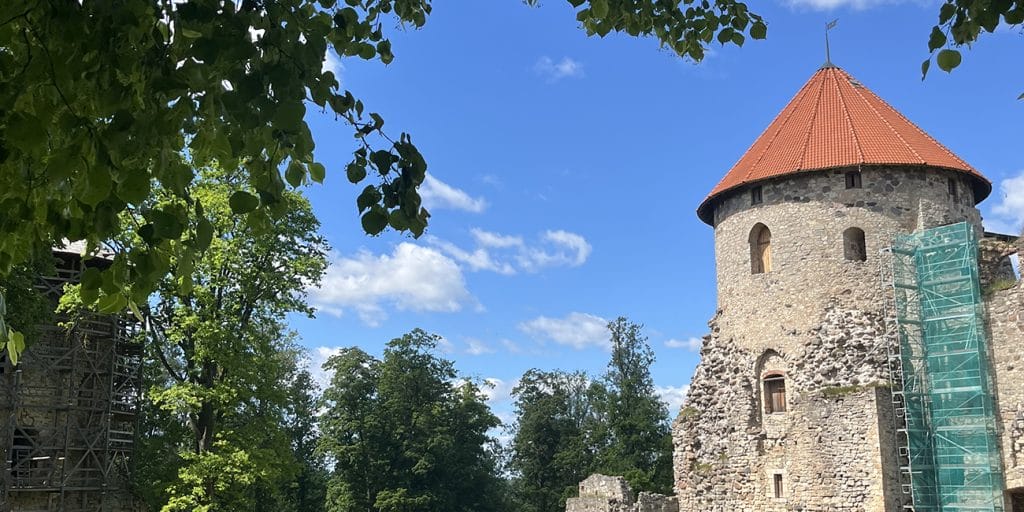
Steps to the world: internship, exchange, and new cultures
The young people stayed in the dormitory of the Vidzeme University of Applied Sciences in Valmiera, from where they traveled to work by bus. They had the opportunity to travel around Valmiera and Cēsis and also visit the old town of Riga. Riga is also an old Hanseatic city, and you can feel the history as you walk around the city, Le mentioned.
In addition to Liza and Le, the project brought a trainee from Latvia to work in rural tourism in Finland, and one student from Central Finland went to work in Söderköping, Sweden. There was interest in internships between the countries, but life circumstances such as housing or other part-time work made it impossible for many to leave. However, all the international internships that took place were successful, and the young people gained valuable experience for their future careers in tourism and catering.
Liza and Le want to encourage all young people to participate in such projects and to be brave enough to go abroad for internships. They also say that there is no need to fear the language barrier, as they too went to Latvia for the first time and learned enough of the language while they were there to be able to serve customers.
– There’s no need to be afraid of the language barrier – English is enough to get you started, and you can learn the rest on the spot, they say.
—————
Elizaveta Lazu is from Russia, and Huyen Le Kieu is from Vietnam. They are both now in Belgium on an Erasmus exchange and are studying at Hogeschool PXL University of Applied Sciences this semester.
